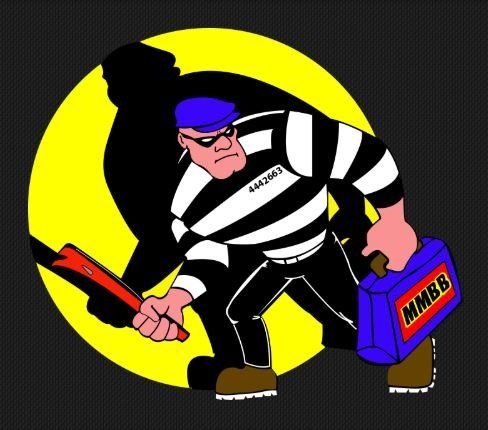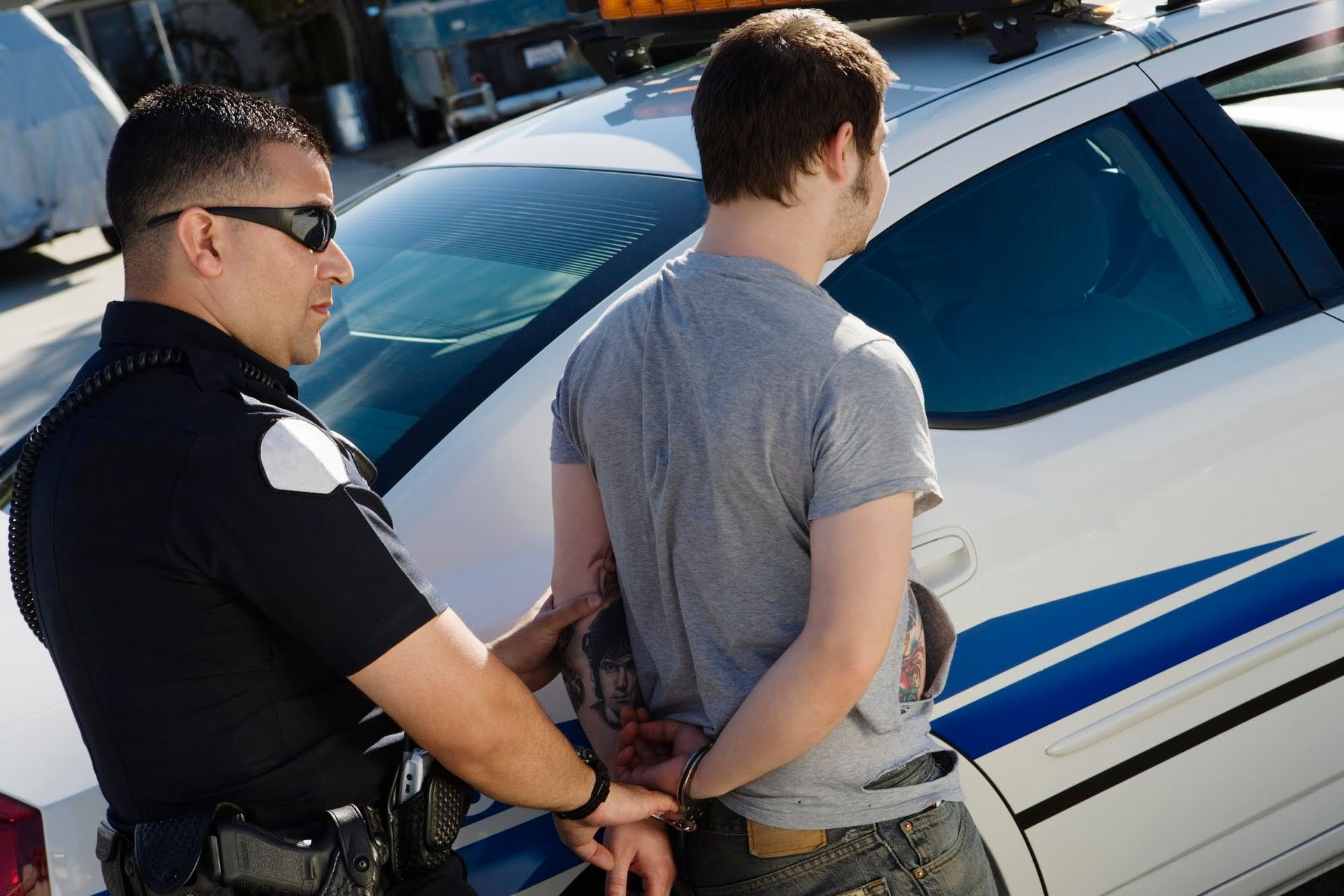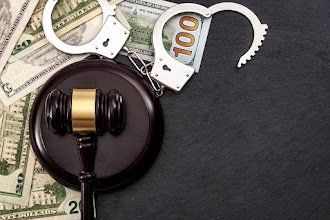6754 Caroline Street Milton, FL 32570
8 Agents Available Now
Things To Consider When Cosigning a Bail Bond

The last thing you want is to see someone you care about go to jail, so you can use a bail bond to ensure your loved one's release. If you take the bond company route, you can become a cosigner for the bail bond. But before you agree to a legally binding contract, you should know all the facts. Read on to discover a few important things you should know before cosigning a bail bond.
You Have the Duty to Ensure the Accused Appears in Court
As a cosigner of a bail bond, you take on personal responsibility for that person. When the defendant's court date approaches, you have the authority and responsibility to ensure that they appear in court. You could be liable for the entire bail amount if the defendant does not appear at court hearings.
Therefore, before you cosign a bail bond, consider whether you're confident that your loved one will follow the court dates.
You'll Need to Prove You're a Good Candidate to Cosign
For cosigners to become part of any contract, they must meet certain guidelines. Bail bonds are no exception. Cosigners must meet certain requirements by law in order to sign on behalf of a defendant.
The agent may ask you for the following information:
- Employment
- Residency
- Good credit history
The bond agent will let you know what all the requirements are during your first consultation.
You'll Need to Pay a Fee to Get the Bail Bond
If you are a cosigner, you are responsible for paying the bond premium. The premium is a percentage charged by a bail bonds company for posting a bond. The premium usually is 10% of the total amount of the bond. The premium is a nonrefundable fee. Bond companies can also charge actual, necessary, and reasonable expenses in addition to the premium.
If paying that fee will put you at risk financially, cosigning a bail bond may not be in your best interest. Although you no doubt want to help your loved one, putting yourself in a potentially precarious position is never a good idea.
You May Need to Provide Collateral
If the defendant does not appear for their court hearing and the bond company cannot find them, the company will have to pay the court the bail amount they guaranteed. Consequently, the bond company can sometimes require collateral from a cosigner in addition to the premium.
When the defendant does not appear in court, the bail bondsman will collect the collateral to cover the bail amount. The collateral can involve tangible properties such as a vehicle, property, expensive jewelry, or a family heirloom.
You Can Include Stipulations to the Bond Agreement
Cosigners can impose some precautions and request conditions before signing the bond agreement. You can request, for example, a mental health evaluation or a drug or alcohol treatment for the defendant.
In addition, you can withdraw the bond if you believe the defendant won't meet their court obligations. Opting out of the bond will relieve you of any financial or criminal obligations. In canceling a bond, however, a defendant would go into custody again and be held in jail until the court case is concluded.
Cosigning a bond is a serious responsibility that you should do only after careful consideration. An experienced bail bond agent can guide you through the process of posting bail and help you understand your situation if a family member or friend is in jail.
If you need more information about bail bonds for a loved one in jail, feel free to contact us at Matt McKeehan Bail Bonds today. Our bail bond agents can walk you through your options or the process of cosigning a bond if that's what you wish to do.
BROWSE OUR WEBSITE
CONTACT INFORMATION
Address: 6754 Caroline Street Milton, FL 32570














